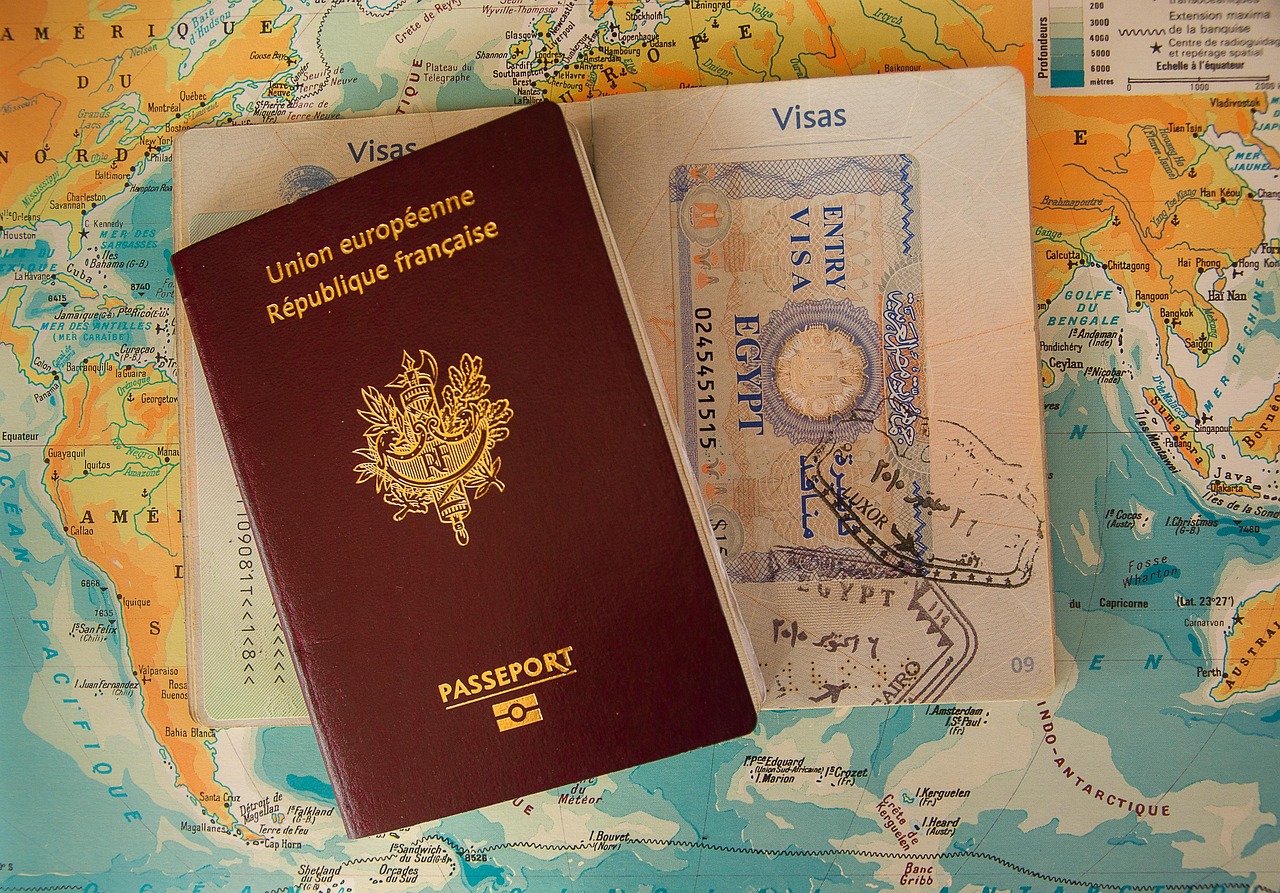ICE Causing Fear
Data from The Guardian shows that the Trump administration has revoked 800 student visas, citing national security concerns and perceived legal infractions amongst international students. Intricacies of high-profile deportation cases are being closely monitored by international students across the country, a cohort likely to find common ground with Mahmoud Khalil, Yunseo Chung and numerous others who face detention and potential deportation.
In the media, many of the detentions made by the ICE appear to involve students linked with pro-Palestinian activism. The case against Khalil depended on the section of the Cold War-era Immigration and Nationality Act of 1952, which provides that aliens in the U.S. may be deported if the Secretary of State believes their presence will have serious negative consequences for U.S. foreign policy.
However, it seems a large chunk of these cases are built on pursuing people documented to have past run-ins with the legal authorities. Nonetheless, the scope at which these deportations are being carried out seems unprecedented, according to an anonymous student who has a Green Card. “It’s like all three branches of the U.S. government have finally united to fulfil a common purpose.”
Upon further conversation, it appears that there are uncertainties weighing upon students. “I remember this time when my friend told me that an ICE car was parked on Main St., and I just found myself locked in my dorm room the whole day,” said another international student, who has chosen to remain anonymous for safety purposes.
The source had originally come to pursue the numerous professional opportunities a degree at a major U.S.-accredited university would give them. They continued by saying that many people from developing countries came to the U.S. to pursue a better life they could not have gotten elsewhere. Deportation would completely jeopardize a chance many people could only dream of having.
Another anonymous international student also acknowledged their own sense of frustration with what they believed to be the potential stripping away of freedom of expression for their international peers. However, they pointed out the potential difference in the consequences faced by themselves and others. “Of course, I’m scared, but if you see just how bad it is for others, I don’t really think I am in a position to dictate what it’s like to be in those shoes,” they said. They believed that returning to their home country would not create a sort of precarious situation that it could create for others. Not everyone would face the same scenario, and to them, it was important to support those who were more vulnerable rather than wallow in self-pity.
Most students are on the lookout for responses to potential raids. As seen in the previous issue of The Hill News, St. Lawrence University President Kathryn Morris’s response was measured but marked with respect to due process. In an interview with Shifan Shaffe ’25, she said, “I can’t overturn what the federal government can do, but I would certainly be advocating for the student.”
The administration has also consistently declared that they are closely monitoring the situation and have considered responses towards potential ICE raids, which include Safety and Security and legal instruments. Currently, most can only hope that the anxieties induced by the circumstances are the worst to come to SLU.



